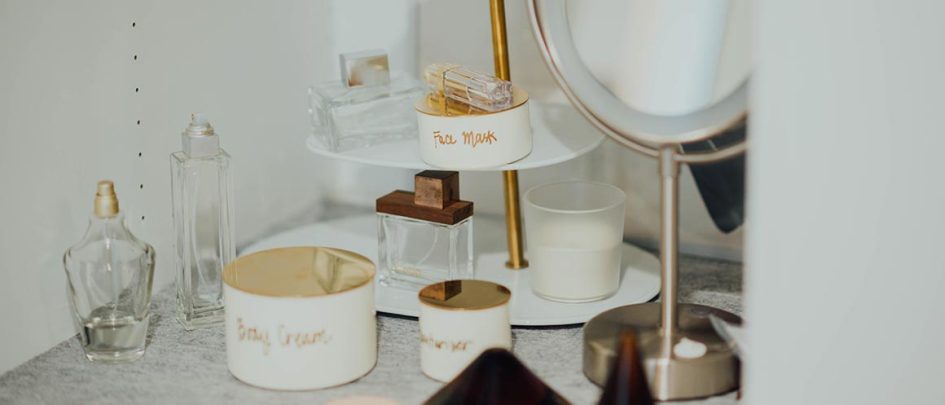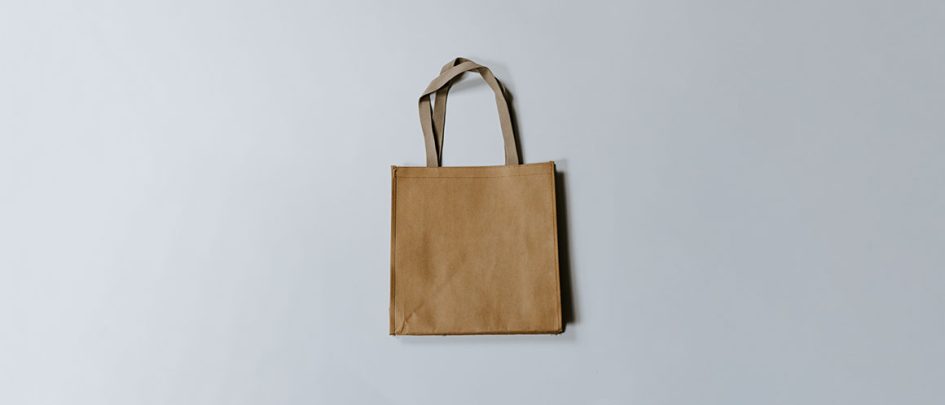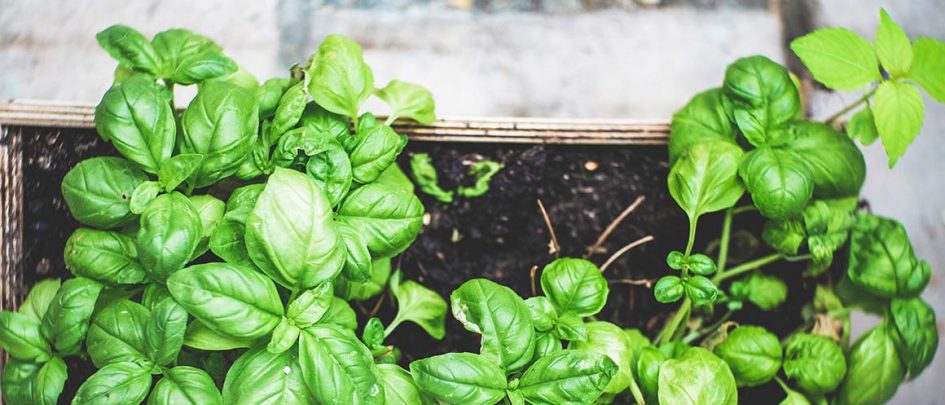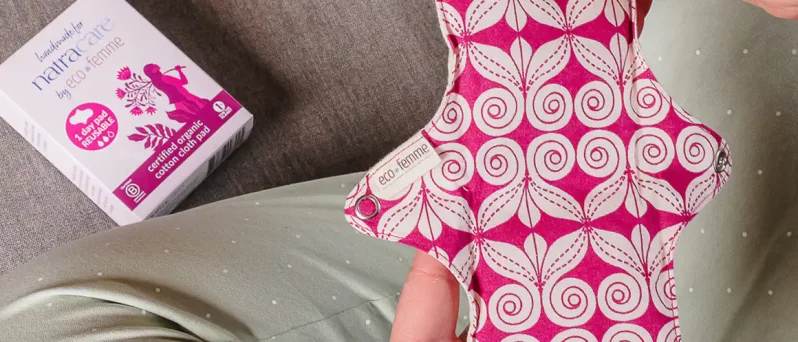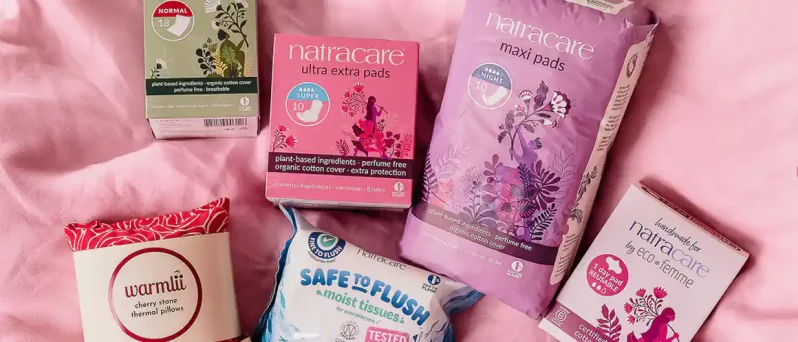Keeping your home clean and safe is important at the best of times, but especially right now when we’re dealing with a global pandemic.
It’s a common misconception that the strongest, most toxic chemicals sold in plastic packaging are the best choice for stripping your home of dirt and keeping you safe. But there are other options available. Keeping your home sustainable and clean keeps your space safe and well looked after.
Here are six tips for keeping your home clean in a way that’s plastic free, better for your health, and better for the planet
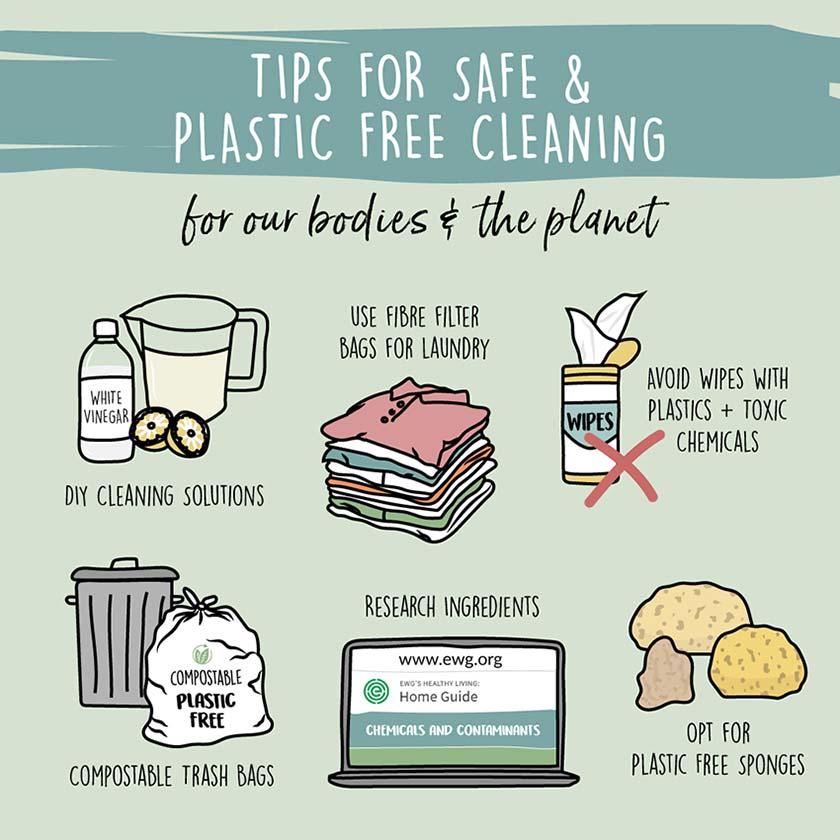
-
DIY cleaning solutions
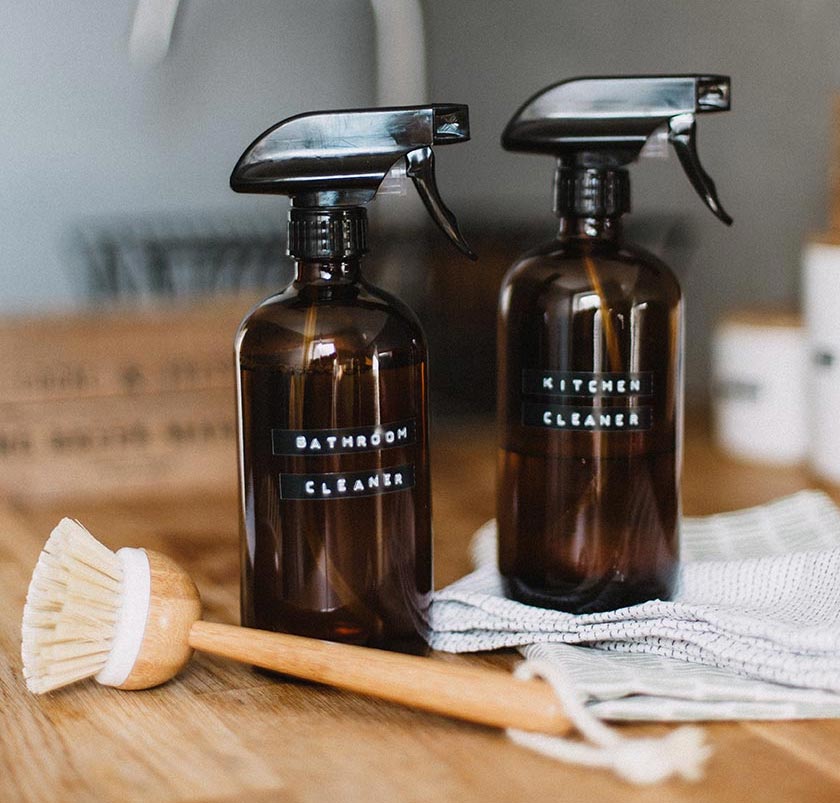
- Castile soap
- Baking soda
- Salt
- Olive oil
- Essential oils
- Lemon juice
- Soap nuts
-
Research ingredients
For the cleaning products you choose to buy, it’s important that you read the ingredients list and understand what each of them are and the risks they bare. This can feel a little overwhelming at first, but don’t worry. It’s worth laying down the groundwork to better understand the ingredients you’re spraying, squirting, and wiping in your home.
Keeping a list that decodes common cleaning ingredients to avoid, like endocrine disruptors which can be damaging to your health, is useful – this will help you recognise and remember absolute must-nots. The EWG Healthy Home Guide is a useful resource to help guide product choice. Knowing what ingredients are in your cleaning products, and whether they’re safe to use, will help you to choose the best products for your home.
-
Compostable waste bags
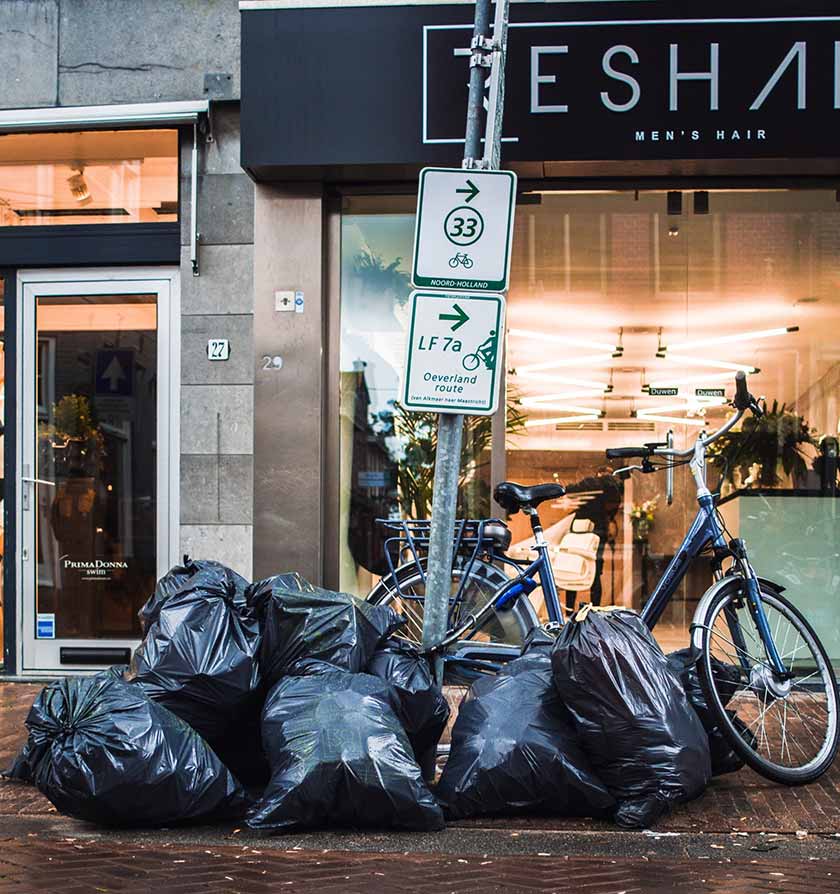
-
Avoid wipes with plastic and toxic chemicals
Most conventional wipes are made with plastics, chemicals and fragrances that can be harmful to use. For example, when you wipe away bacteria on your surfaces, you might actually be wiping harsh chemicals onto that same surface. This can easily transfer onto your food or skin and other objects used on those surfaces.
Wipe, Plastic free
All Natracare wipes are completely plastic free, biodegradable, and use a gentle formula. They’re perfect for wiping both bums and surfaces sustainably!
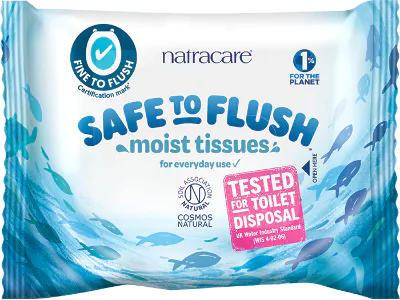
Make the switch today
What’s more, once you’re done with the wipe, it most likely won’t biodegrade because it’s made from plastics that will outlive you. We recommend opting for wipes that are plastic free, compostable, and made with a gentle and natural cleansing formula and organic essential oils.
-
Choose plastic free sponges
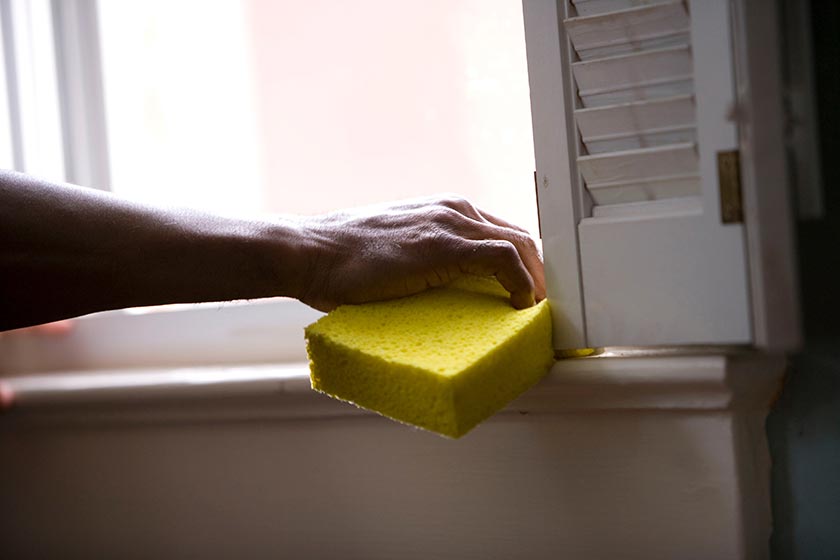
Sponges are a cleaner’s best friend. But did you know that most sponges sold in supermarkets are actually made from plastic? This means that when you’re done with the sponge – it won’t biodegrade. All the sponges from all the households worldwide are contributing this waste into landfill sites or our oceans, where sea creatures may be harmed by the plastic. By choosing a plastic free and compostable sponge or scourer instead, you’re making a safer choice for the planet and your home. -
Use a laundry fibre filter
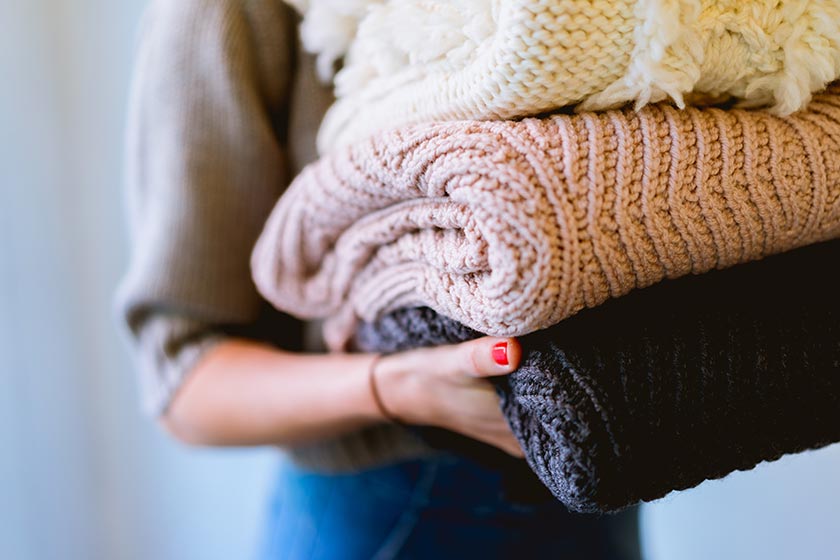
Washing your clothes, bedding and towels regularly is essential for keeping your home as safe and clean as possible, but doing laundry can cause damage by releasing microfibres and microplastics into our waterways. Most clothes contain at least a small amount of plastic – think about the elastic in your underwear for example, and every time you wash them they’ll release tiny particles of this plastic that go unfiltered into water. Microplastics in our oceans, rivers and lakes cause a great risk to marine life as they ingest them and plastic builds up in their system, which can kill them.Investing in a fibre filter for your washing machine will help you to reduce the amount of microplastics released in every load of laundry you do. They work by collecting the microplastics and lint that comes off of your clothes during a wash, which you can safely dispose of in the bin instead. Another hot tip is to turn the temperature down on your laundry cycle for clothes (bedding and towels need a hot wash!) to help them last longer and reduce microfibre loss.
Did you know that all-purpose cleaning solutions are easy and affordable to make, and effective at getting the job done? All you need to get started are seven key natural ingredients to use for a variety of different cleaning purposes. These are:
These can be combined and used in a whole host of ways, here are some recipes for different cleaners using these ingredients only.
One of the most soul-cleansing parts of cleaning is getting rid of the trash and seeing your home clean and clutter free. However, most trash bags are made from black plastic that will never biodegrade. Just because your trash is no longer cluttering your house, it’s still cluttering the earth. Switch out regular plastic trash bags for certified compostable versions like these bin liners from Vegware.
How do you keeping your home clean, safe, and plastic free? Let us know in the comments, or join our Instagram group chat to share your tips!

